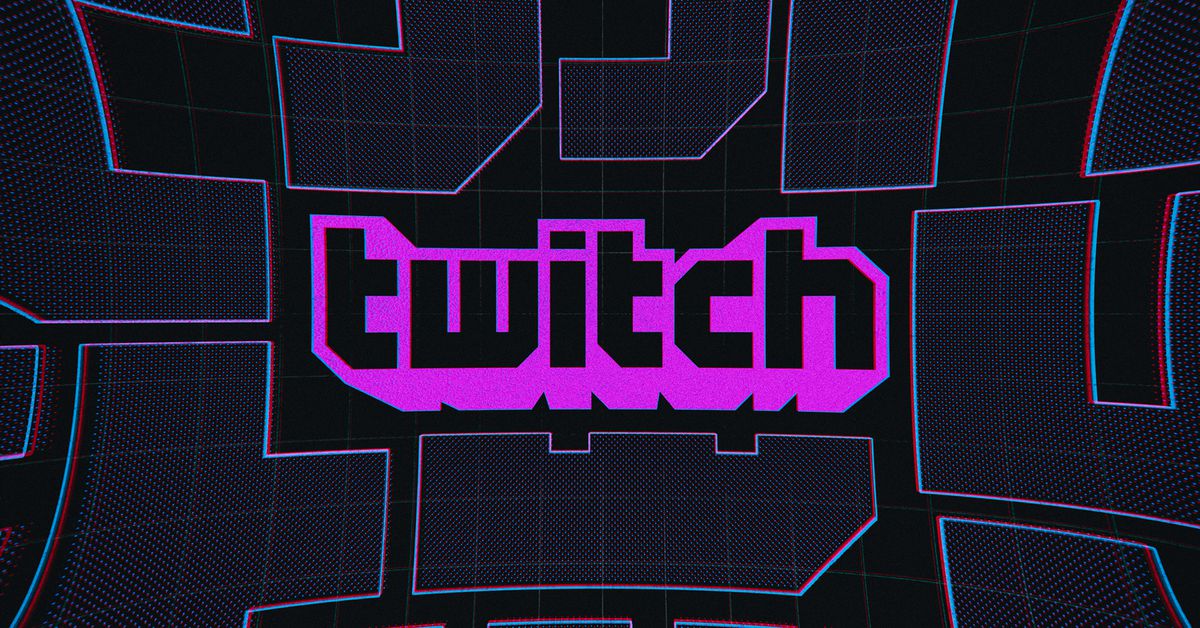
It would be easy to assume that because competition is so stiff among live-streaming platforms — for talent, for eyeballs — that the market is zero-sum. But as it turns out, that isn’t actually true.
According to a fourth-quarter report from the streaming tools provider StreamElements and the metrics tracker Arsenal.gg, the entire industry grew an astonishing 12 percent in the last year (based on hours watched). A lot of growth came from Facebook Gaming, which increased its hours watched by a full 210 percent — most likely from its signing of new streamers. According to the StreamElements report, Facebook had a 6 percent increase in streamers and a whopping 78 percent increase in the average number of viewers per hours streamed.
While Twitch’s market share dropped slightly, it found a new growth in its non-gaming categories — they now represent a full 11 percent of content watched on Twitch, up 3 percent since December 2018. And its Just Chatting category was the biggest in December 2019, in a major first for the site. That’s interesting because it means the audience for Twitch’s content is engaged by more than just games, which is obvious, but it’s good to see that feeling reflected in the data.
What the StreamElements report really means is that live-streaming is more popular than ever, and that a rising viewership tide really does lift all platforms — even if we’re in the middle of a war for top live-streaming talent. (Every major platform grew over the last year. Streaming site Caffeine wasn’t a part of the report, but it only officially launched in mid-November.)
I think that’s important to point out that the war for talent doesn’t necessarily mean platforms are competing for the same audiences; the report means that there are more people interested in watching streams who began to watch them last year. Live-streaming’s potential, at least right now, is that it’s almost mainstream: a lot of people are aware of streamers, at least as a category of online influencer, but not as many people have had a personal experience watching one. I didn’t get it until I watched a few streams — and then I got it. And I’d bet most people are the same.
https://www.theverge.com/2020/1/9/21058907/twitch-youtube-mixer-facebook-live-streaming-numbers-growth-q4

